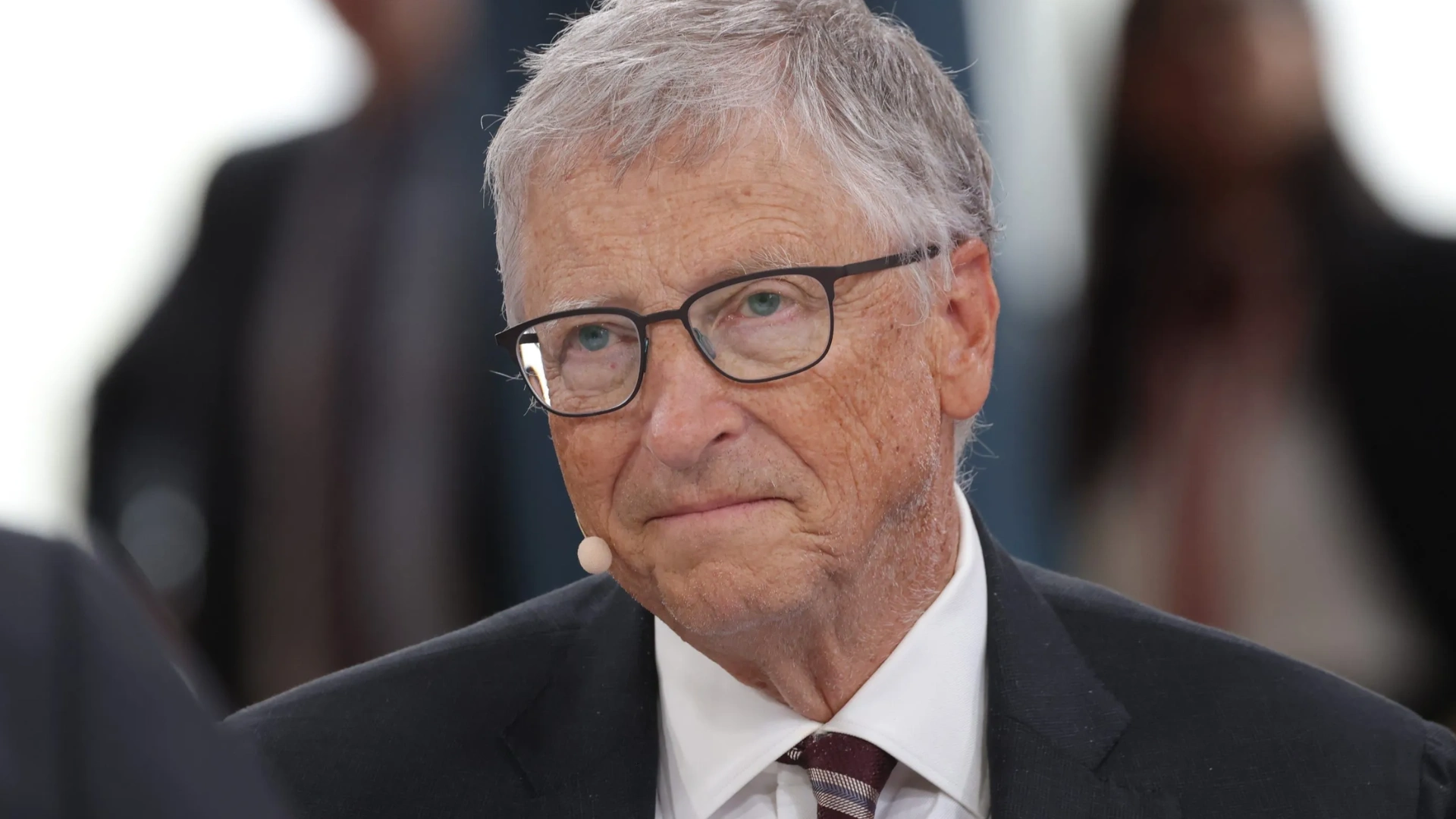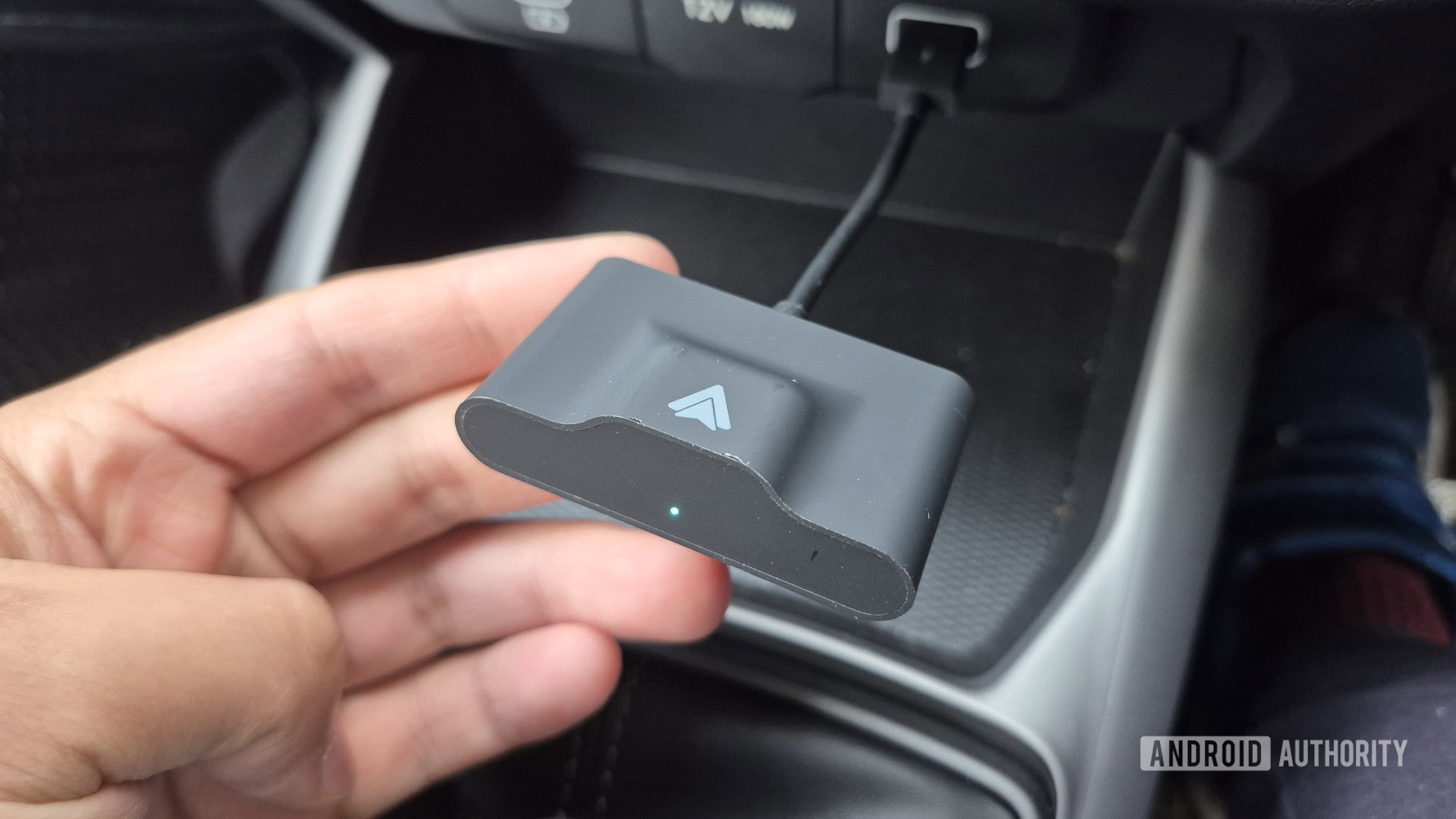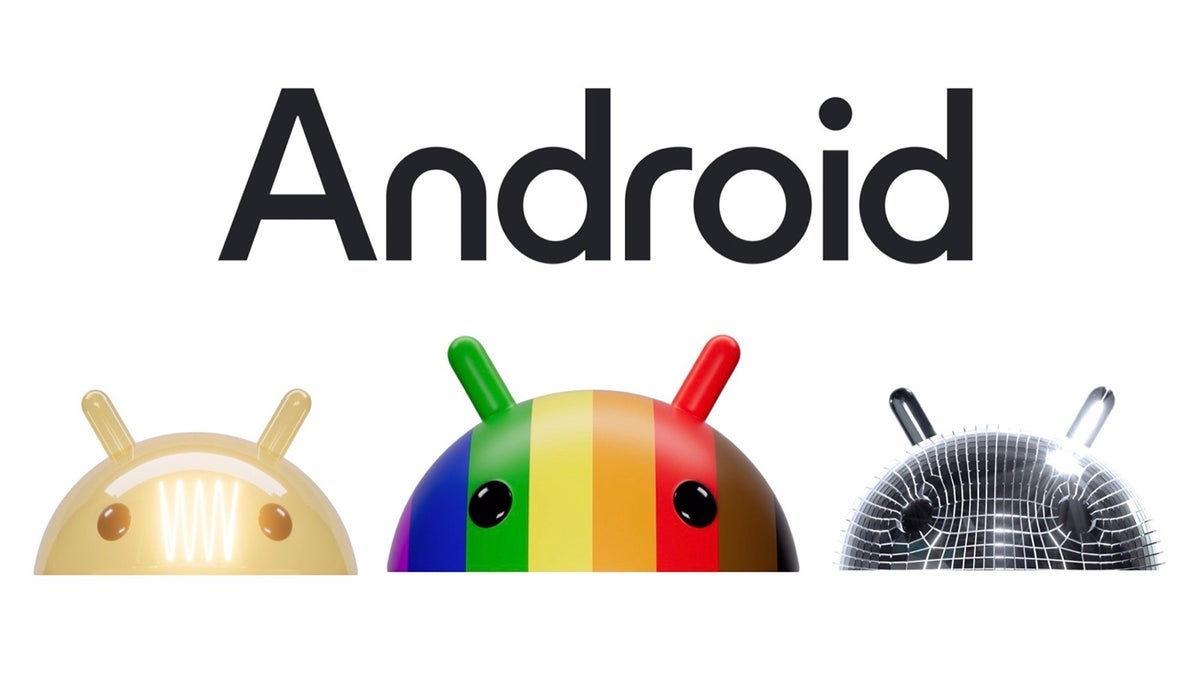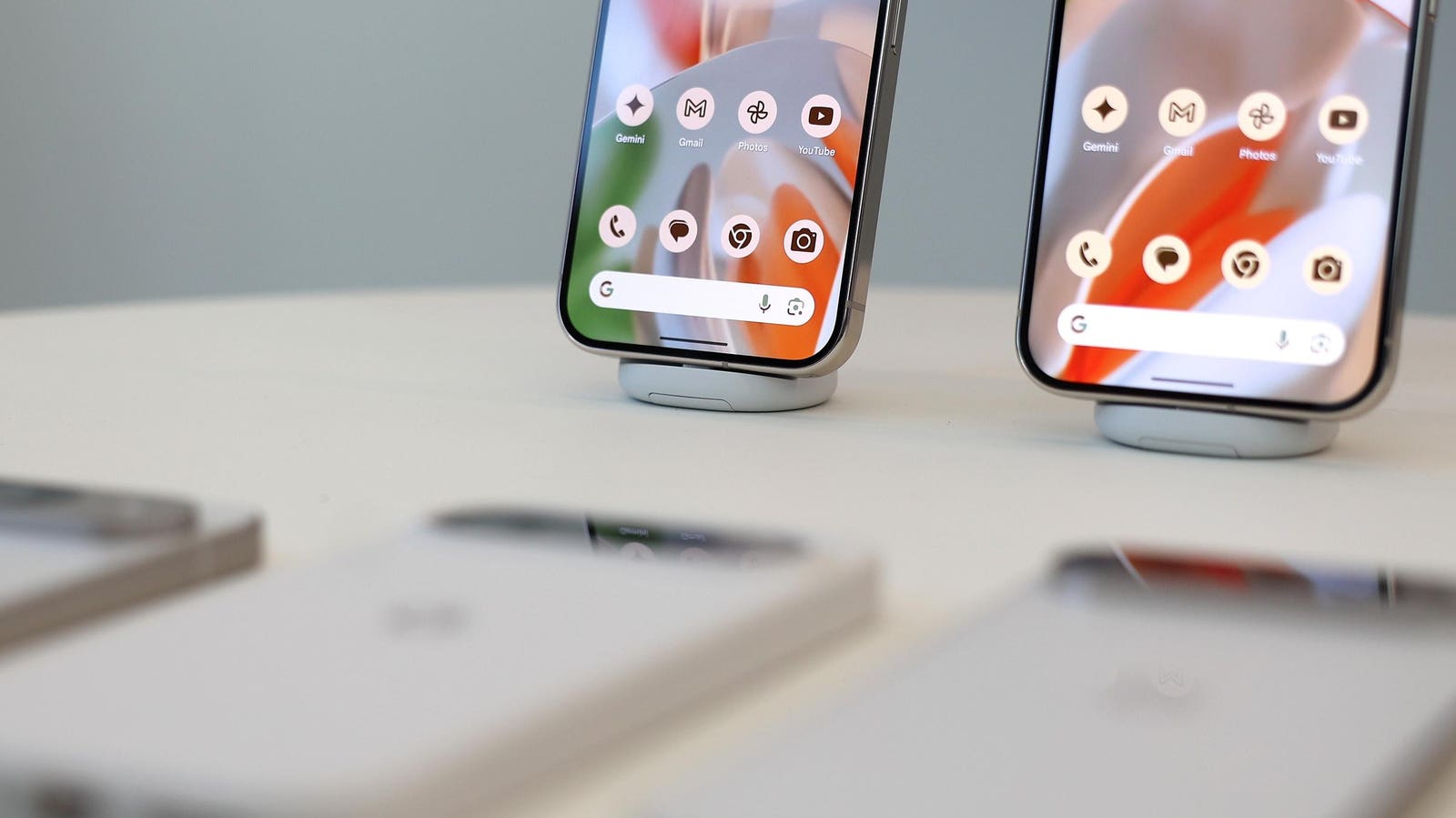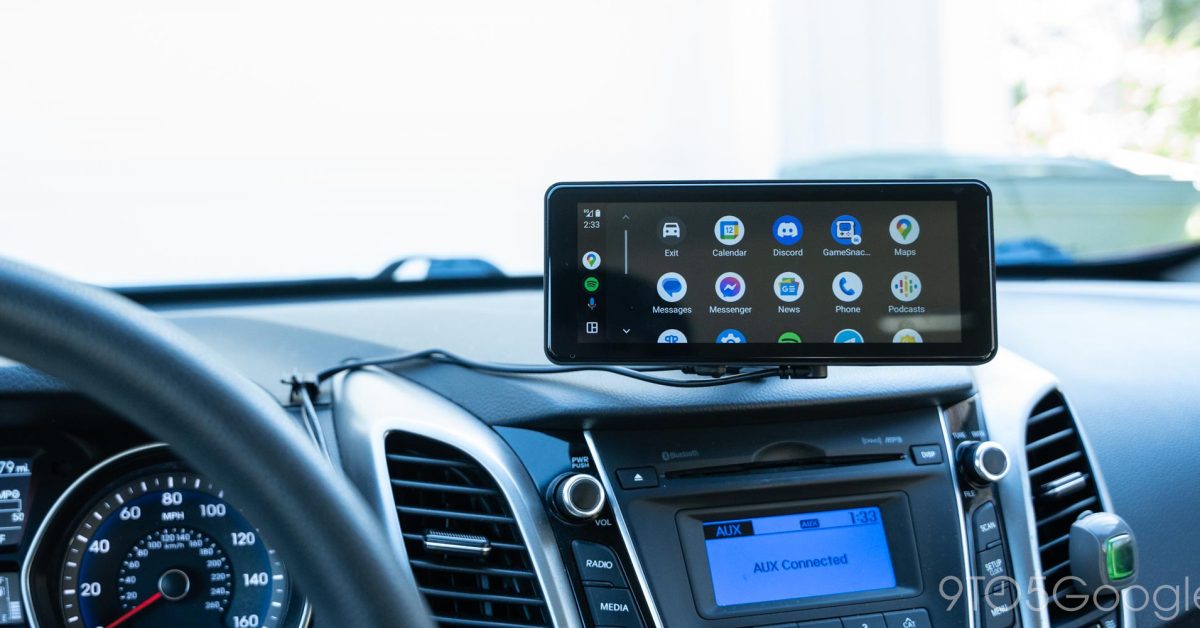Rich Miner, who played a direct role in the creation of Android, reacted strongly to Gates’ recent admission that Microsoft’s failure to gain a foothold in the mobile business was one of the company’s biggest mistakes. the company.
Rich Miner, one of the co-founders of Android, criticized Bill Gates for Microsoft’s failure to dominate the mobile market, blaming the tech giant’s loss of $400 billion in potential market value on the decisions made by Gates himself.
Miner, who played a direct role in the creation of Android, reacted sharply to Gates’ recent admission that Microsoft’s failure to gain a foothold in the mobile business was one of the company’s biggest mistakes. ‘business.
Miner, who has been deeply involved in the mobile ecosystem, said he helped create Android as a direct response to Microsoft’s monopolistic-style control over personal computers. In an article on » He added: “Sorry Bill, you are more responsible for the loss of $400 billion than you think. »
I literally helped create Android to stop Microsoft from controlling the phone like they did the PC – stifling innovation. So it’s always funny to me to hear Gates complaining about losing his mobile to Android 🤣
Retweet if you think I should share our original pitch deck
1/2 pic.twitter.com/urjZWK0yHE– Rich miner (@richminer) January 14, 2025
Bill Gates regrets: “The company’s biggest mistake was…”
In an interview with Julia Hartz, CEO of Eventbrite, Gates revealed that Microsoft’s failure to dominate the mobile market cost the company approximately $400 billion in lost market value. Instead, Google’s Android platform, released in 2008, a year after Apple’s iPhone shook up the smartphone industry, took the lion’s share of the market.
Bill Gates recently admitted that one of the biggest mistakes of Microsoft’s past was the company’s failure to become the dominant mobile platform. Gates confessed that Microsoft’s missed opportunity to dominate the mobile market was the biggest mistake, as the company lost not only market share, but also an estimated $400 billion in value. Gates reflects: “The biggest mistake in history was the way I did it, which made Microsoft not turn out to be what Android was. »
The company’s late entry into the arena is at the heart of this debacle. Even though Apple’s iPhone was released in 2007 and Android in 2008, Microsoft didn’t release its Windows Phone 7 until 2010. That was when Apple and Android took over the market share the most important. The delay from the initial release was also due to Microsoft’s failure to provide an open and customizable platform like Android and iOS, which made it very impossible for developers and users to access Windows.
SPV and Windows Mobile: a missed opportunity
Miner also shared a personal experience regarding Microsoft’s approach to the mobile market by highlighting its involvement in the launch of the first Windows Mobile phone in 2002: the SPV. He explained how he felt worried then, concerned about the possibility that Microsoft would use a similar dominant strategy to control the mobile market that had dominated it. He feared that such a monopolistic practice could stifle competition and hinder innovation and this concern was visibly illustrated in his later work on Android.
Microsoft’s approach to the mobile market stands in stark contrast to the strategies adopted by Apple and Google. While iOS and Android worked to give developers more freedom to customize and create innovative apps, Microsoft maintained a rigid, closed approach, relying on its traditional software model. Microsoft’s focus on controlling the entire ecosystem limited its ability to attract developers and ultimately led to its downfall in the mobile space.
ALSO READ: Salary of Rs 35,000 with 10 years of experience, Bengaluru Tech employee reveals harsh reality





